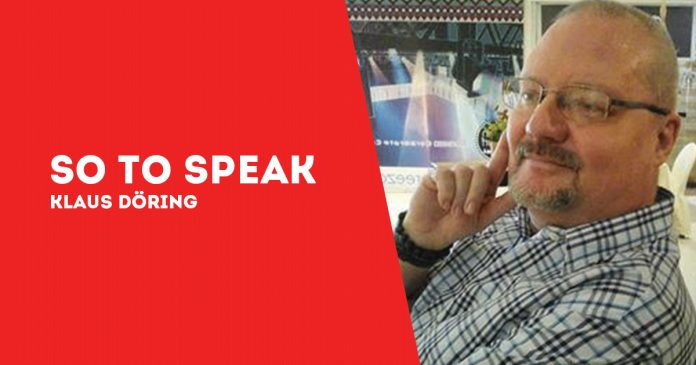
AS I STATED earlier: Minor things could become the start of anger. Over the years, handling the stress caused by suppressing one’s emotions became much harder. Small things seemed huge, we easily dreaded going to work and anxiety escalated.
Across the globe, employees in many professions are expected to embrace a work culture that requires the outward display of particular emotions – these can include ambition, aggression and a hunger for success.
The way we handle emotional labor can be categorized in two ways – surface acting and deep acting.
A few years ago, the New York Times wrote a “lengthy piece about the “Amazon Way”, describing very specific and exacting behavior the retail company required of its employees and the effects, both positive and negative, that this had on some of them. While some appeared to thrive in the environment, others struggled with constant pressure to show the correct corporate face.
“How we cope with high levels of emotional labor likely has its origins in childhood experience, which shapes the attitudes we develop about ourselves, others and the world,” says clinical and occupational psychologist Lucy Leonard.
“Unhelpful attitudes such as ‘I’m not good enough’ may lead to thinking patterns in the workplace such as ‘No-one else is working as hard as I seem to be’ or ‘I must do a perfect job”, and can initiate and maintain high levels of workplace anxiety,” says Leonard.
Workers are often expected to provide good service to people expressing anger or anxiety – and may have to do this while feeling frustrated, worried or offended themselves.
Take the example of a particularly tough phone call. If you are surface acting you respond to the caller by altering your outward expression, saying the appropriate things, listening while keeping your actual feelings entirely intact. With deep acting you make a deliberate effort to change your real feelings to tap in to what the person is saying – you may not agree with the manner of it but appreciate the aim.
Both could be thought of as just being polite but the latter approach – trying to emotionally connect with another person’s point of view – is associated with a lower risk of burnout. Good thing: many offices over the last decade have created recreational or rest spaces in a bid to mitigate employee stress.
When things get tough, you might be very lucky talking to colleagues to unload. “It’s the saying it out loud that allows me to test and validate my own reaction. I can then go back to the person concerned,” one of my former office mates in Germany explained many years ago.
Those who report regularly having to display emotions at work that conflict with their own feelings are more likely to experience emotional exhaustion
Of course, everybody needs to be professional at work and handling difficult clients and colleagues is often just part of the job. But what’s clear is that putting yourself in their shoes and trying to understand their position is ultimately of greater benefit to your own well-being than voicing sentiments that, deep down, you don’t believe.
Where it is possible, workers should be truly empathetic, be aware of the impact the interaction is having on them and try to communicate in an authentic way. Easy to say, yes, I know. But let’s give it a try!
***
Email me at doringklaus@gmail.com or follow me on Facebook, LinkedIn or X – Twitter or visit my www.germanexpatinthephilippines.blogspot.com or www.klausdoringsclassicalmusic.blogspot.com./PN







